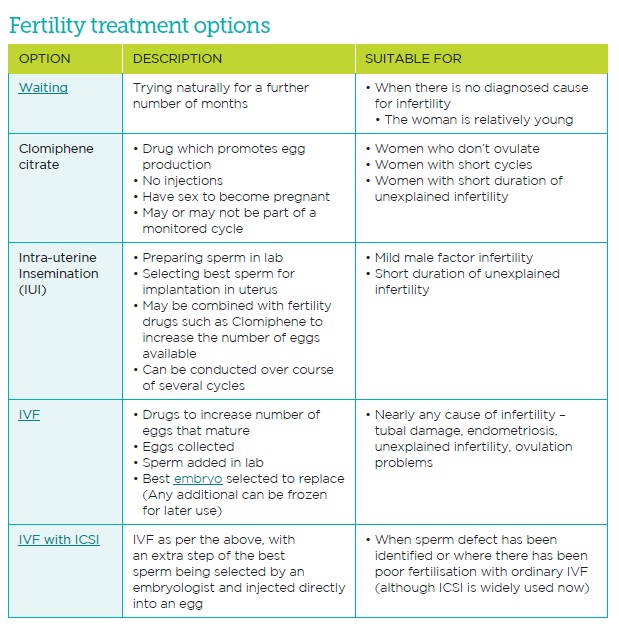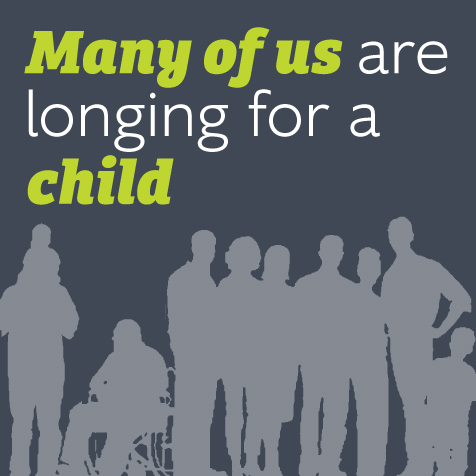Infertility in New Zealand
Who is affected by infertility?
- As many as one in four NZers experience infertility, defined as a lack of conception after 12 months unprotected intercourse
- Infertility is one of life’s most stressful events
- Depression levels in patients with infertility have been compared with patients who have been diagnosed with cancer
- Infertility is equally attributable to male and female issues – in about 40% of infertile couples the problem is a female factor, in about 40% it is a male one and for the remaining 20% there is a joint problem, or the cause is unknown
- IVF has on average a 50% likelihood of a baby per cycle of treatment
- Māori men and women are just as likely as non-Māori to experience infertility
- Secondary infertility (to people who already have one child or more) is just as common as primary infertility
- Men and women with low incomes and/or less educated are just as likely to experience infertility as those who have higher incomes/qualifications
- Some people have a medical diagnosis which means they cannot use their own sperm or eggs or carry a pregnancy; and others who are ‘socially infertile’ lack the required components to create a child. All these people need the help of donors and surrogates/or to build whānau
- Some New Zealanders qualify for publicly funded fertility treatment. Criteria include maximum BMI and existing children
Fertility myths
The Fertility Week 2018 quiz revealed some myths still held by NZers:
Celebrities with unlimited access to the best treatments available worldwide are able to conceive their own genetic children, even in their late 40s
- Unfortunately, it’s not often published that pregnancies of older celebrity women are virtually always achieved with the help of donated eggs.
The fitter, the better
- More than 4 hours cardiovascular exercise per week can be detrimental to men’s and women’s fertility. It’s important to exercise – but in moderation. During exercise, be mindful of your internal temperature and heart rate.
Public funding is open to everyone
- Many people don’t know that there is an age limit for women to qualify for publicly funded treatment. If you meet the criteria, get on the waiting list, even if you don’t think you’ll need it!
Eggs are made every month and sperm every few days…?
- Wrong! It takes 90-100 days for eggs and sperm to mature. This is significant as the health of eggs and sperm are influenced by your lifestyle in that period. If, for example, a man is exposed to dangerous chemicals, his sperm may still be affected 2-3 months later. Both parents’ lifestyle in the three months pre-conception influences the health of pregnancy, baby, child, adult – and even of future generations (the science of this is called ‘epigenetics’).



